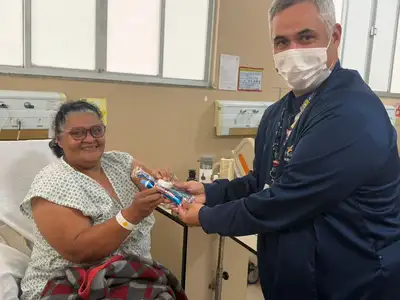Adepará starts campaign to update animal registration in the State
From May 15 to June 13, rural producers need to go to the defense agency of their municipality and declare all species present on their property
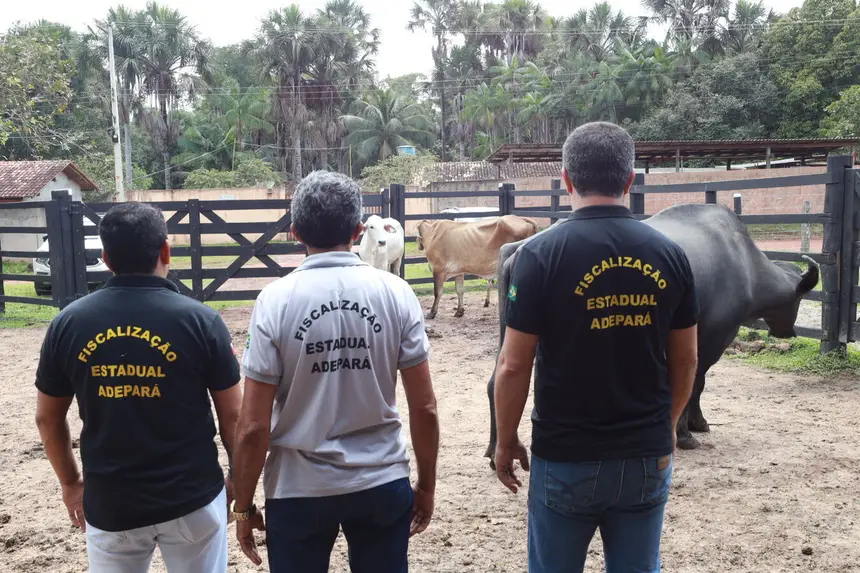
The Government of Pará, through the State Agency for Agricultural Defense (Adepará), is conducting the update of animal registration on rural properties in the State from May 15 to June 13. The objective is to achieve 100% registration of all species present on the properties, such as: cattle, buffalo, horses, donkeys, mules, pigs, sheep, goats, birds, bees, and aquatic animals. This measure is mandatory.
“At this moment, it is important for the rural producer to declare their herd to maintain health, safeguarding their animals and avoiding administrative sanctions and even suspension of the issuance of the GTA (Animal Transit Guide),” said the general director of Adepará, Jamir Macedo.
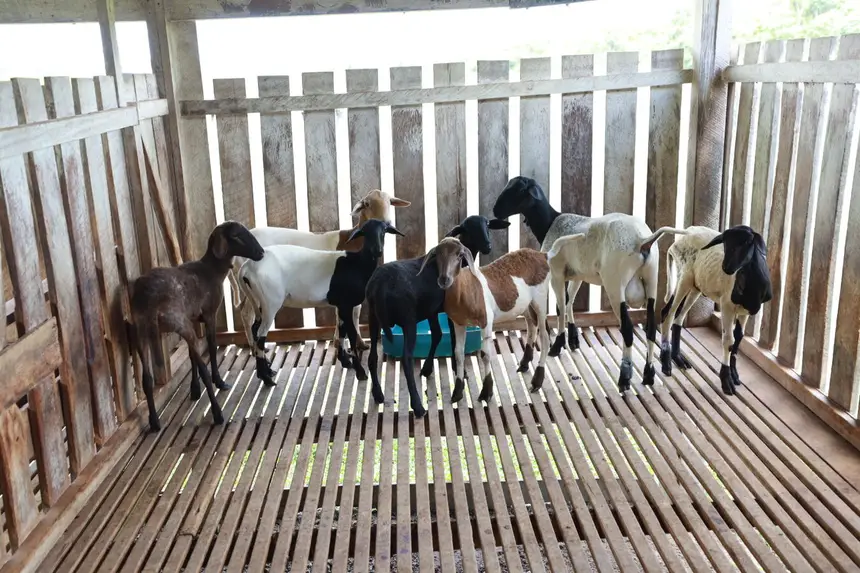
The animal registration update must be carried out by the rural producer or their legal representative, within the established deadline, in person, by visiting an Adepará unit in their municipality, presenting the following documents: ID, CPF (if an individual), CNPJ (if a legal entity), and proof of residence.
If necessary, at the time of registration, the Adepará staff may request documents that prove ownership or legal use of the agricultural establishment, and necessarily, the Rural Environmental Registry (CAR), in case of animal movement.
The producer must report births, deaths, theft of cattle, or disappearance of the herd to the Official Veterinary Service. The adjustment of animal balances must be carried out by a qualified staff member of the Defense Agency.
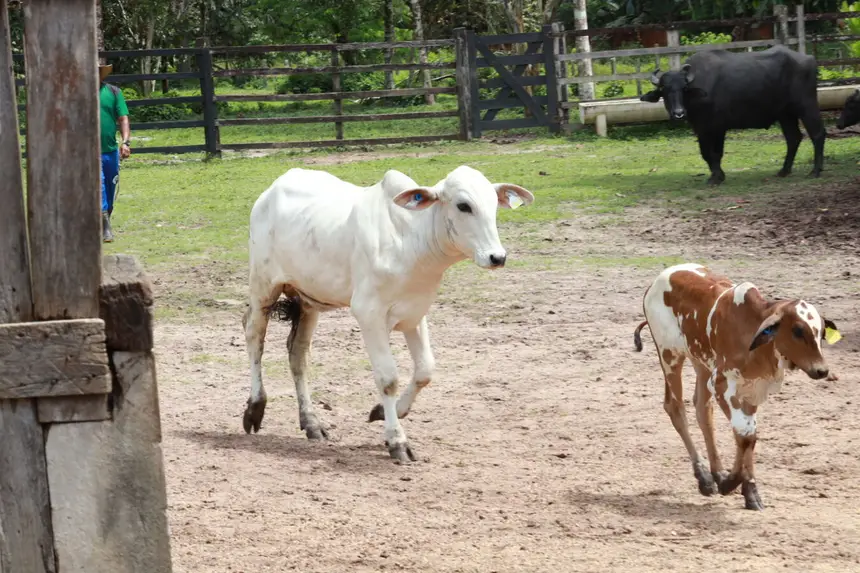
Importance of registration - The agricultural registration gathers data from livestock that allows generating information and supporting strategies for animal health and surveillance. Through knowledge of the territories, it is possible to develop strategies for prevention, mitigation, control, and eradication of diseases in herds.
The requirement for registration with spatial location was established by the Unified System for Agricultural Health Attention (Suasa) to meet the demands of the Animal Health Code of the World Organization for Animal Health (OIE), which mandates knowledge of the productive characteristics of livestock operations through the individualization and spatial location of properties.
“The information on animal balances contained in the registration is used for detailed studies of transit and also for planning animal surveillance actions. States that have achieved foot-and-mouth disease-free status without vaccination must periodically carry out campaigns to update animal balances. Agricultural registration is mandatory and specific for agricultural health attention, according to Mapa Decree No. 5,741/2006, and represents a dynamic and continuous activity, meaning that once established, it must be regularly updated. Therefore, it is necessary to maintain state registration control, which is fundamental for the execution of all official animal health programs,” explains Barbra Lopes, manager of Traceability and Agricultural Registration at Adepará.
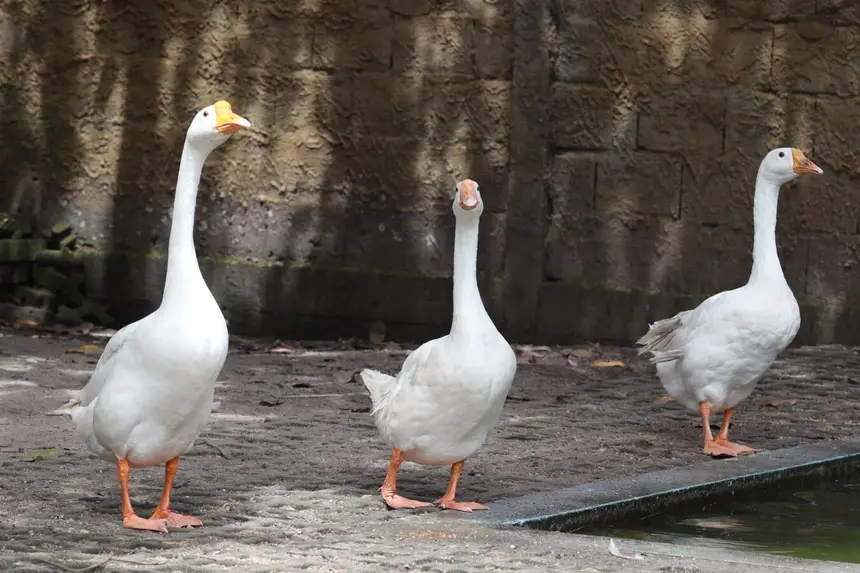
Blocking of GTA - From the beginning of the campaign, the issuance of the electronic Animal Transit Guide (e-GTA) will be blocked for all purposes, except for slaughter. The producer will only be able to issue the guide after updating the registration and animal balances.
Producers who do not register or do not update their registration data at Adepará will be subject to penalties provided for in Law No. 6,712/2005, which deals with Animal Health Defense in the State of Pará.
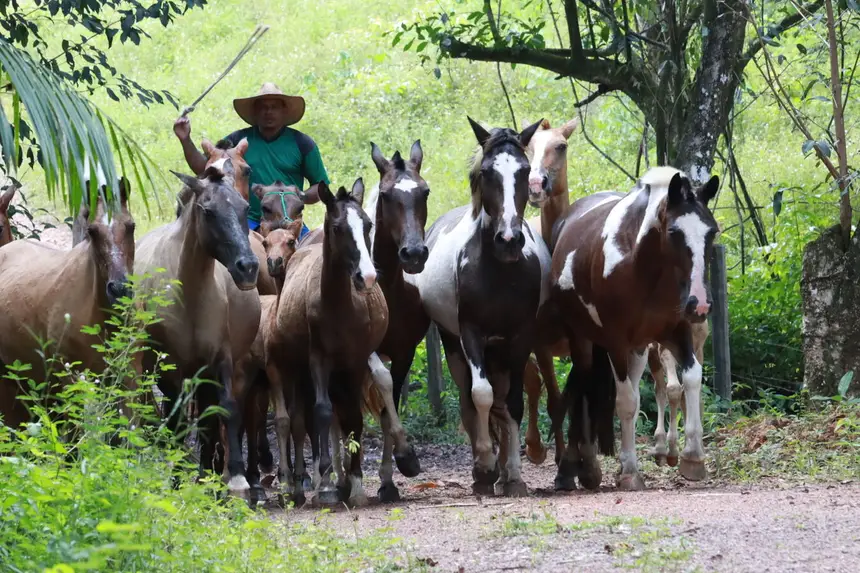
Service:
Animal Registration Campaign
The Animal Registration Update maintains the health of the herd, protecting public health, ensuring the supply of animal origin products without harming consumers.
Rural producers or their legal representatives must seek the Adepará unit in their municipality, from May 15 to June 13, in all municipalities of the State, except in Marajó, with the following documents:
● Identity Document
● CPF - Individual
● CNPJ - Legal Entity
● Proof of residence
● Any document that proves ownership or legal use of the property
● Rural Environmental Registry - CAR (if applicable).







